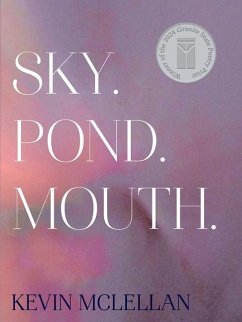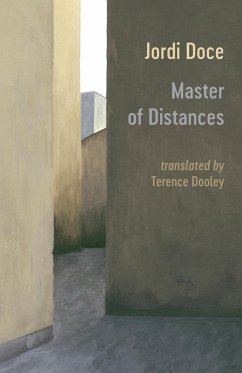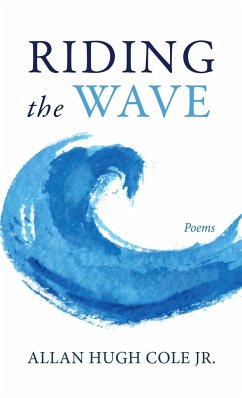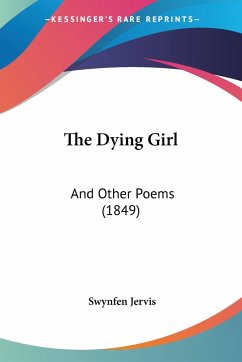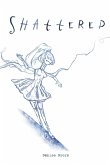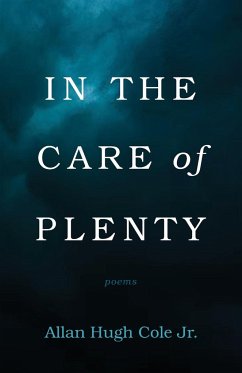Sky. Pond. Mouth. is a book that doesn't take much for granted--boundaries, solidity, distinctions between plants and humans, lasting companionship, faith, enduring self, health. This is a poetry of ontology, permeable and mutually dependent. Every noun is potentially non-I and I. The isolated being is the connected being and vice-versa in a constant turn-over of needing & peace-of-mind, needing & peace-of-mind. Starting with the book's title, physical and emotional qualities free-range between the animate and inanimate as though the world is written with dotted lines. Freedom, McLellan quotes A.R. Ammons, might be "identity without identity," an untethering even from untethering. In the long poem "Winterberries," as an example, "The wind made the light and an ash / tree seem one, animated yet mortal, / and then it ceased. For a moment / I thought the statue in the park / was me, not of me. (Sometimes one / needs to tell someone to go away.)" The sensual and the corporeal are geographic... It's not always comfortable. It's frankly a bit lonesome. In Sky. Pond. Mouth, a person might well be "benthic," or located at the bottom of a large water body. The climate setting is dialed to thawing solitude and to the temperature on the ocean floor. In "Clouds," a pond "stretches out" in the speaker's chest as the consequence of the loss of love, that is, of being in love for five minutes. In the forest setting of the prose poem "A Definition of Loss," trees are equipped with "mouth holes too," forming an orchestra which the poet joins as a soloist. Although this tree-and-human ensemble wouldn't be possible without his bravely different perceptions, the speaker's not certain that his fellow performers actually hear him. A theme of Sky. Pond. Mouth is patience: it's worth it. The drifting away from set forms is necessary for knowing more, knowing better, knowing how to know. Staying unbroken or holding the expected form only blocks our perceptions because, as McLellan says, DNA strands and a pair of eyes "know things despite their connectedness." In the Ecosystems section early in this book, there's a series of persona poems in which the speaker crosses over to a plant (swamp rose, pink lady's slipper, sheep laurel), a member of a marshland or renter of the unmown, not so much a flowerbed or community garden club. These plants contemplate celibacy or reject labels and judgment. Resembling illustrations of single specimens from a botanical book, they're like the poems in the book as a whole: distinct. McLellan doesn't repeat himself in this collection of prose poetry to lyric poems to longer sectioned exposition. With chiseled line breaks, intriguing meta-poetic levels, and punctuation like seed pods, these poems, if we look twice, might flourish outside the book's margin, past the grow light of the screen, even (especially) other borderlines we haven't begun to imagine. Alexandria Peary New Hampshire Poet Laureate Judge of 2024 Granite State Poetry Prize January 5, 2024
Hinweis: Dieser Artikel kann nur an eine deutsche Lieferadresse ausgeliefert werden.
Hinweis: Dieser Artikel kann nur an eine deutsche Lieferadresse ausgeliefert werden.

